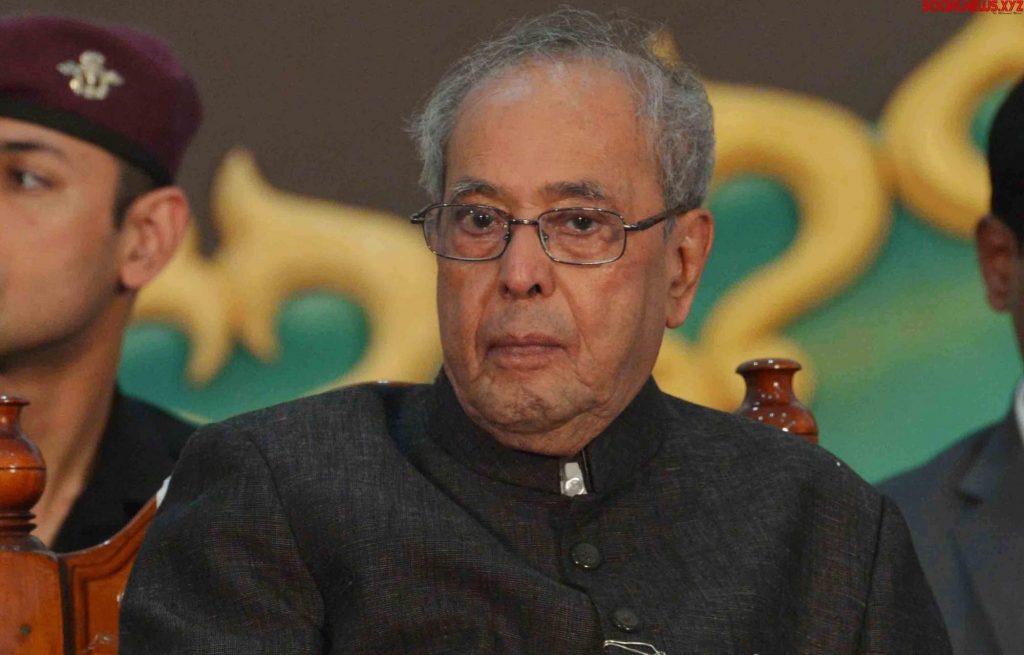New Delhi: A forceful plea for revealing the extent of ill-gotten wealth, held by Indians in the country and abroad, was made by former President Pranab Mukherjee here Tuesday, saying unless it was done, the economy would suffer and the common people would feel the pinch.
Why reports by three agencies, tasked by me just before I stepped down in 2012 as the Finance Minister to contest the presidential poll were not made public “the government should explain to me”, he said at the launch of “The Panama Papers” on the Indian end of the probe by three Indian Express journalists of the global probe into corruption by the high and the mighty.
“I had doubts about the exact quantum of unaccounted money overseas. Very ficticious figures were rolled out — sometimes not so high and sometimes astronomically high. So I decided to dedicate three agencies to help me study the problem and quantify the amount of money operating here and operating abroad.
“These were the National Institute of Public Finance and Policy, the National Council of Applied Economic Research and the National Institute of Financial Management,” he said.
They were asked to submit their reports at the end of their two-year tenure. “But I didn’t get the reports because I had resigned. But I’m told the reports have been submitted, but not yet been made public. Why they have not yet been made public, the government should explain to me,” the former President said.
“A white paper was published, which gave substantial information about the operation (of black money) and the extent but not the quantum….Those who are operating, if they win…blackmarketers and foreign exchange manipulators…then the economy fails and the common people feel the pinch,” Mukherjee said.
India as a responsible nation state should continue to ensure that external trade was facilitated and an investment environment was generated by shielding genuine foreign exchange transactions from fraudulent and undesireable, he said and added, effective measures against money laundering and terror financing was essential in today’s global economy. “Such measures also foster legitimate investments and financial flows,” Mukherjee said.
Mukherjee complimented the authors — Ritu Sarin, Jay Mojoomdaar and P. Vaidyanathan Iyer — for bringing out the book “after a great deal of investigation”.
“This book is not just an account of the global investigation, but also forms a ready reckoner for young journalists of how an investigation into such a massive story should be done.
“At a time when a large section of the media in India appears to be reticent toward putting tough questions to the powers that be, this book is a perfect reminder to shed that restraint,” Mukherjee said.
